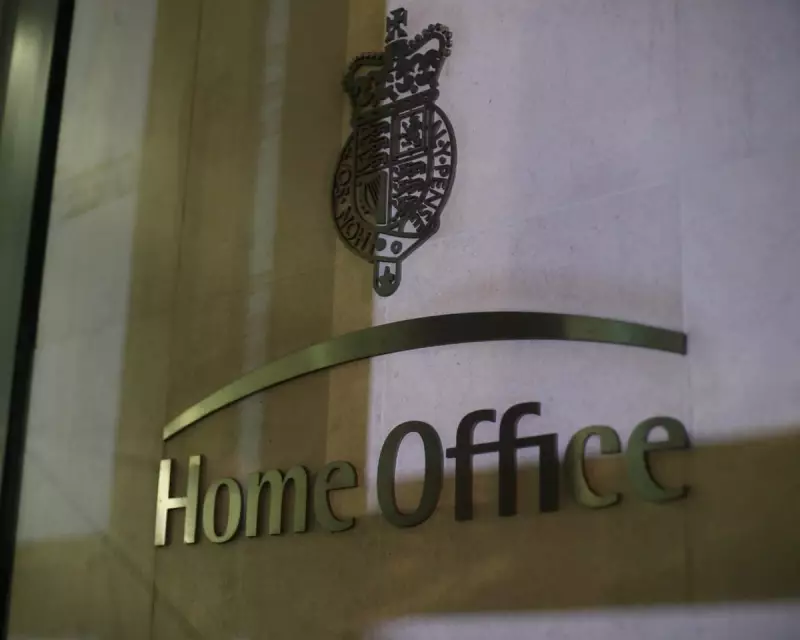
UK Government Unveils Tough New Asylum Measures
The Home Office has announced sweeping changes to Britain's asylum policy, including controversial plans that could see refugees having valuables such as jewellery confiscated to help cover the costs of processing their cases. Home Office minister Alex Norris confirmed the measures ahead of their formal presentation to Parliament on Monday.
Confiscation Policy Details Emerge
Speaking to broadcasters, Norris clarified that while sentimental items like wedding rings would be protected, other jewellery and assets without sentimental value could be taken. The minister defended the approach by stating: "At the moment, the British public pay billions of pounds a year so that those seeking asylum, or those who have already failed in their applications, can be supported in their accommodation and their living."
Norris emphasised that individuals with significant assets should contribute to their costs, specifically mentioning: cars and e-bikes as examples of possessions that could be considered. When pressed about whether someone arriving with "a bag full of gold rings" would be affected, the minister confirmed this would be treated differently from family heirlooms.
Broader Immigration Crackdown
The confiscation policy represents just one element of a comprehensive overhaul of Britain's approach to asylum seekers. Home Secretary Shabana Mahmood has described these changes as essential to counter what she termed "dark forces ... stirring up anger" over migration issues.
Additional measures confirmed include:
- Regular status reviews for refugees every 30 months, even for families with children in school
- Potential deportation if home countries are deemed safe
- Diplomatic sanctions against nations refusing to take back their citizens
- Legislative changes to toughen court applications of human rights conventions regarding family life
Countries potentially facing visa restrictions include Angola, Namibia and the Democratic Republic of the Congo, according to government briefings.
Political and Humanitarian Concerns
The proposed changes have already generated significant controversy within political circles and beyond. Several Labour MPs are known to oppose aspects of the plan, with at least one minister reportedly considering resignation over the measures.
Charity organisations have issued stark warnings about the potential consequences. They argue the policies could create "another Windrush scandal" and leave refugees in permanent uncertainty. Concerns have been raised about children being uprooted from schools and adults unable to establish stable careers, ultimately making integration more difficult.
The Home Office maintains that these measures are necessary to address what Norris described as the situation where "the country of origin, which is a safe country, which often we have a returns agreement with, aren't doing their bit in helping us remove their citizens back to home."





